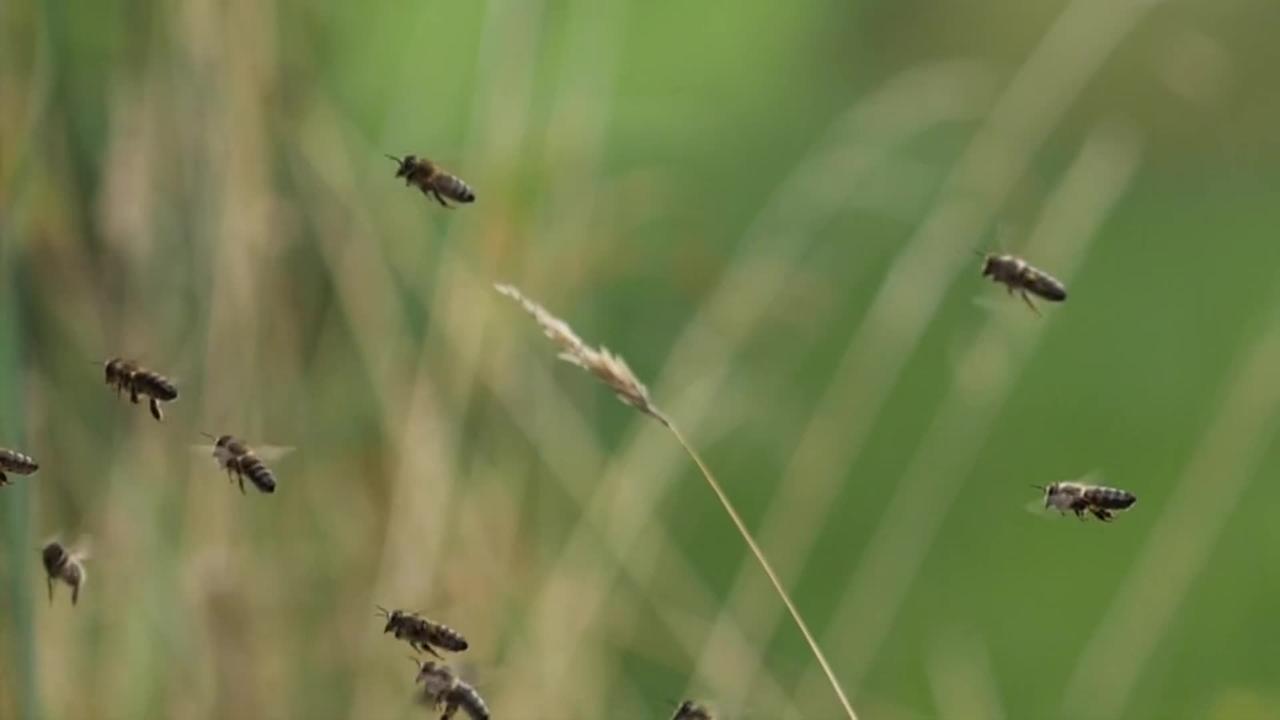"Honeybees: Guardians of Our Gardens"

"Honeybees: Guardians of Our Gardens"
Honeybees (*Apis mellifera*) are some of the most crucial insects on the planet due to their role in pollination, which supports biodiversity and agriculture.
Here’s a deeper dive into their world: ### Key Facts about Honeybees: - **Social Structure:** Honeybees live in highly organized colonies that can house tens of thousands of individuals.
Each colony consists of a single queen, many worker bees (all female), and a few drones (males).
- **Roles in the Hive:** - **Queen:** The queen’s primary role is to lay eggs, producing around 1,500 eggs per day during peak season.
- **Workers:** These bees do all the work in the hive, from gathering nectar and pollen to cleaning the hive, producing honey, feeding larvae, and protecting the hive.
- **Drones:** Their sole purpose is to mate with a queen from another hive.
Drones do not gather food or contribute to hive maintenance.
- **Pollination:** Honeybees are responsible for pollinating around 70 of the 100 crop species that feed 90% of the world.
Their pollination activities help produce fruits, vegetables, nuts, and seeds.
- **Honey Production:** Honeybees produce honey by collecting nectar from flowers, which they then process and store in the hive as a food source.
The honey also serves as a reserve to sustain the colony through winter.
- **Communication:** Honeybees communicate with each other using the "waggle dance," a unique behavior where a bee moves in a figure-eight pattern.
This dance conveys the direction and distance of flowers to other bees in the hive.
- **Threats:** Honeybee populations are under threat from various factors, including habitat loss, pesticide use, diseases, and parasites like the Varroa mite.
Colony Collapse Disorder (CCD) has also been a significant concern, where worker bees abandon the hive, leading to the colony's collapse.
### Interesting Facts: - **Navigation:** Honeybees use the sun as a compass and can even navigate on cloudy days by detecting polarized light patterns.
- **Memory:** They have an excellent memory and can remember the location of flowers and their bloom times.
- **Lifespan:** Worker bees live for about 6 weeks during the busy summer months, while queens can live for several years.
Would you like title suggestions that reflect these details, or do you need more in-depth information on a specific aspect of honeybees?
